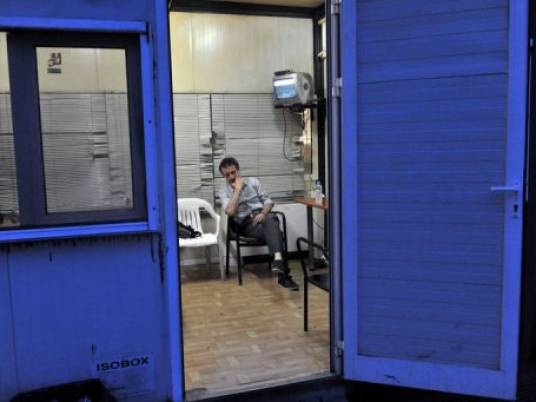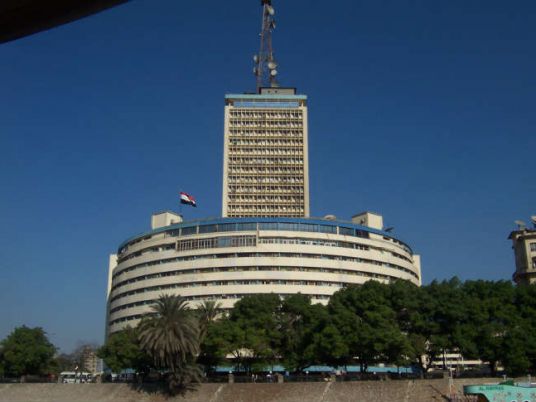
Greece's government promised on Wednesday to relaunch a slimmed-down state broadcaster ERT in a matter of weeks after a firestorm of protests from journalists, trade unions and coalition partners over its sudden closure.
The government yanked ERT off the air at midnight just hours after announcing the move on Tuesday, in the most dramatic public sector closure yet in the struggle to shore up finances and meet the terms of an international bailout.
Government spokesman Simos Kedikoglou told Reuters the shutdown was decided 6 weeks ago and was unrelated to the failure to sell state gas firm DEPA or to an ongoing inspection visit by EU and IMF lenders in Athens.
The journalists' union denounced a "coup d'etat" to muzzle information and called for strikes in all Greek media and some ERT journalists were occupying the state broadcaster's building.
In a potential blow to Greece's efforts to turn around its economy and pull out of a six-year recession, equity index provider MSCI downgraded the troubled euro zone country to emerging market status from developed market on Tuesday.
MSCI said the Athens stock exchange did not reflect the improved practices in developed markets for securities borrowing, lending facilities, short selling and transferability of shares. It had also not met the developed market criteria for size for the past 2 years.
The Athens bourse shrugged off the expected downgrade, with the benchmark index up 0.6 percent. Brokers said more money may ended up invested in Greek stocks over the medium term from the country's weighting in emerging market indices.
"I would not rush to view this as negative. Flow-wise it could turn out positive in the medium term," said Theodore Krintas, head of wealth management at Attica Bank.
The government decided to pull ERT off air hours after the announcement because of fears that workers would damage state equipment, spokesman Kedikoglou said. A slimmed down version of ERT will be relaunched as early as a few weeks and by early autumn at the latest, he said.
"We didn't shut down ERT, we temporarily suspended its operations to fix it and make it work on a healthy basis," he said.
Broadcast journalists began an indefinite strike in protest, and television channels carried reruns and documentaries on Wednesday. Staff at the shuttered state channel NET continued broadcasts on the Internet without government approval.
Strikes at newspapers and other print media will begin Thursday, the journalists' union said.
"The strike will only end when the government takes back this coup d'etat which gags information," it said.
The government said ERT was a case of "incredible waste" and the shutdown would save taxpayers' money. The speed of the shutdown stunned Greeks long used to the slow pace of public sector restructurings.
"Just at a time when hope was returning in the country, a rushed decision to shut down ERT puts the government's cohesion in doubt," centre-left daily To Ethnos said.
Thousands of protesters rallied outside ERT's Athens headquarters late on Tuesday to protest against the sacking of about 2,600 employees, 600 of whom are journalists.
A new rally was called for 0900 GMT on Wednesday.
The announcement followed an embarrassing failure on Monday to find a buyer for the gas firm DEPA as part of a broad sell-off of state assets, leaving Greece short of the cash to meet its bailout targets.
The closure of ERT opened cracks in Prime Minister Antonis Samaras's fragile three-party coalition. Samaras's two junior partners, the Socialist PASOK and the Democratic Left said they would oppose the closure.
Both parties said they had not been consulted but stopped short of saying the row could bring the government down.
The decision was made by ministerial decree, meaning that it could be implemented without reference to parliament. The communist opposition said it would put a legislative amendment to parliament later on Wednesday to annul the decision.
Opposition leader Alexis Tsipras will meet State President Karolos Papoulias on Wednesday to protest against the decision. On Tuesday, he called the closure "a coup, not only against ERT workers but against the Greek people," and accused the government of the "historic responsibility of gagging state TV."



